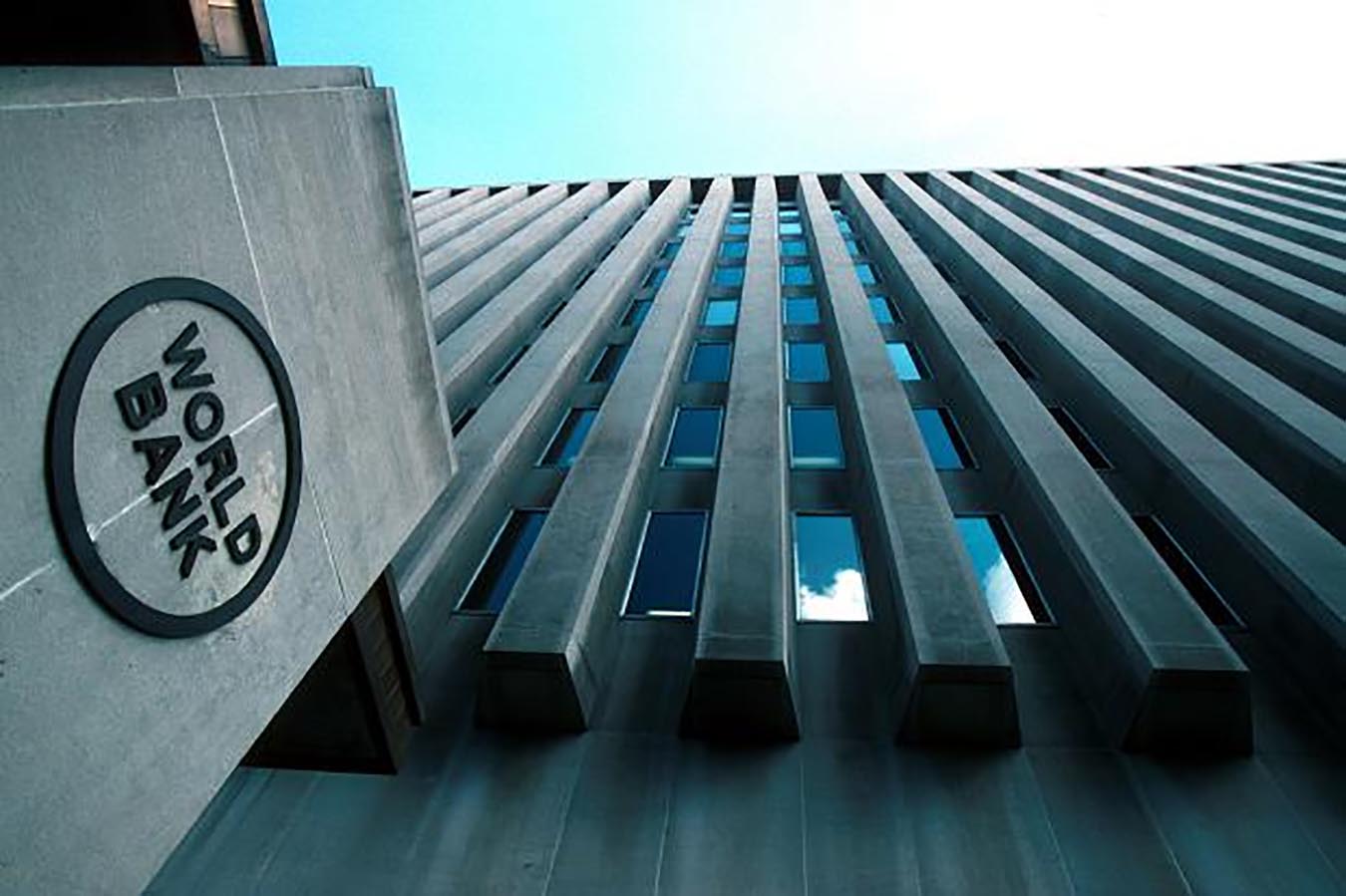
Already, the government is working on splitting the public gas utilities - Sui Northern Gas Pipelines and Sui Southern Gas Company - to bring improvement and efficiency in the transmission and distribution system. Now on the same lines, it has also started restructuring the DGPC.
A high-level meeting, chaired by Petroleum and Natural Resources Minister Shahid Khaqan Abbasi, was held last month to examine progress on the plan, said a senior government official who was aware of the development.
Meeting participants were informed that a report on reorganising the DGPC was being reviewed by the World Bank. However, there was some delay because of the quality of initial report prepared by a World Bank consultant.

Work on separating the regulation and policy functions at the DGPC had not commenced as the World Bank could not be able to identify a suitable international expert in the area.
The splitting of the two areas was extremely important and the plan needed urgent attention, the meeting participants noted.
In response to the difficulty faced in finding an international expert, the petroleum minister pointed out that Canada’s Alberta province had successfully made progress in that area and experts could possibly be sourced from there.
After the 18th Amendment to the Constitution, provinces in Pakistan were empowered to claim their right on 50% of natural resources and consequently they established their energy ministries.
Therefore, the official said, the provinces were important stakeholders in the entire process of dividing the DGPC into regulation and policy wings.
“The report will be shared with provincial representatives in the current year for feedback followed by meetings in provincial capitals,” the official revealed.
Over the past many years, there have not been significant oil and gas discoveries in the country. Before the year 2000, massive hydrocarbon deposits had been found, but later a cap on gas prices caused marked slowdown in exploration activities.
Gas production in Pakistan has remained static at 4 billion cubic feet per day (bcfd) for over a decade. Several foreign companies, discouraged by bureaucratic snags and low wellhead gas prices, have pulled out of Pakistan and taken their business to high-rewarding countries.
However, the previous government of Pakistan Peoples Party (PPP) framed the Petroleum Policy 2012, which led to some increase in oil production and helped keep gas output at existing levels despite depletion of old reserves.
Published in The Express Tribune, April 18th, 2017.
Like Business on Facebook, follow @TribuneBiz on Twitter to stay informed and join in the conversation.

















COMMENTS
Comments are moderated and generally will be posted if they are on-topic and not abusive.
For more information, please see our Comments FAQ